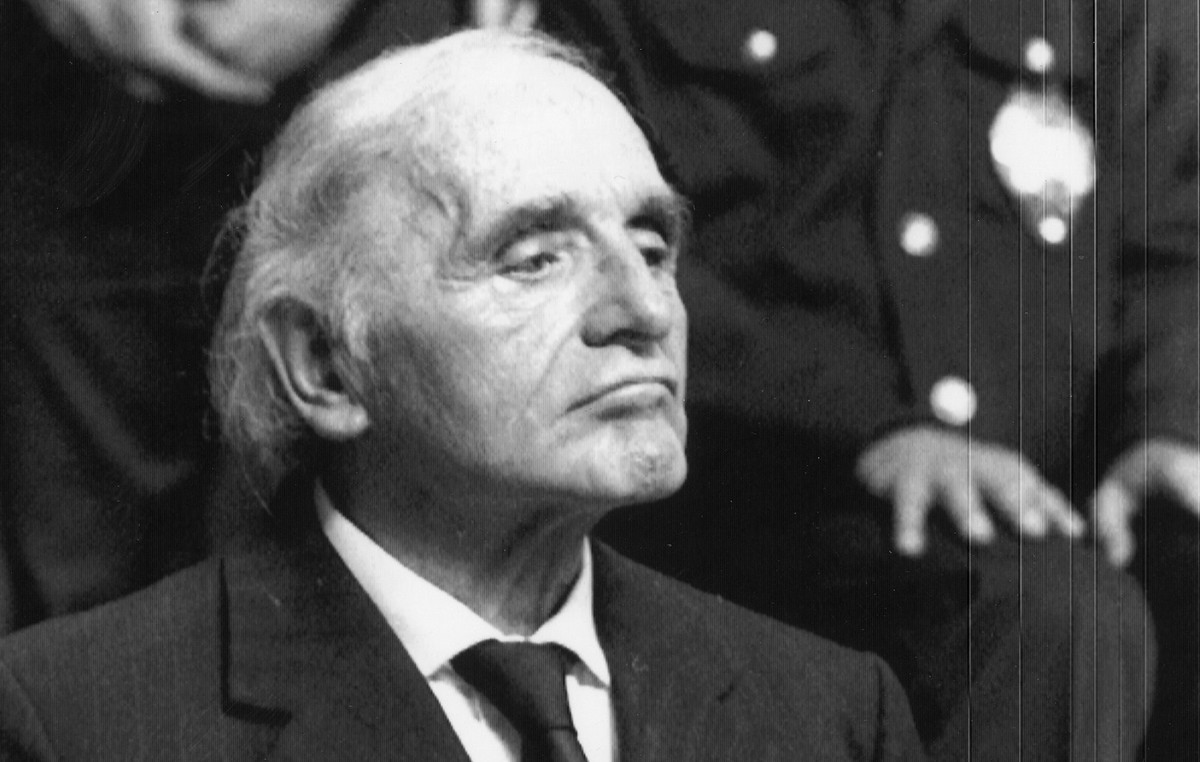O access for paying students or students with partial scholarships to the University for All Program (ProUni), allowed through new rules published in the Official Gazette of the Union this Tuesday (7), does not become “good news” for combating inequalities in access to higher education, evaluated Cláudia Costin, director of the Center for Educational Policies at FGV, to CNN.
“Putting ProUni, by provisional measure, without discussion from society, for sectors of the middle class who are in private schools – for a minority to have free access to private colleges – does not seem right to me,” said Costin in an interview on Tuesday .
From the publication of the MP, private high school graduates who were paying or partial scholarship holders now have access to the benefit. Previously, ProUni covered only students who attended public or private institutions, with a full scholarship.
“ProUni was created precisely to expand access to the university for those who are unable to enter public colleges, [vagas que] unfortunately, they end up going primarily to higher-income students,” explained Costin, who also criticized the decision taken through an interim measure.
“We have several educational emergencies that would justify a provisional measure, but none of them is to further increase educational inequality, which was already great before the pandemic”, he said.
In a statement, Palácio do Planalto states that the new rules improve inclusion policies in higher education, reduce idleness in the occupation of previously available places and promote less bureaucracy.
However, Costin observes that the changes do not occur to expand the access of the population that would benefit from the vacancies, but to fill them with socially higher profile students.
One of the hypotheses suggested by the professor would be a “lobby” of private universities with the federal government.
“It’s good to remember that, at universities, you have a price for the student who gets there with a certain discount, and another price when the government pays, which is the full price. I suspect that there may be a lobby from private universities to expand their sources of income at a time of crisis”, he points out. “Brazilian education doesn’t deserve this,” said Costin.
For the specialist, the moment of fiscal crisis would demand from the government even more “focus” on which places will receive resources.
“Are we going to invest in grants for those who don’t need it or need it less? It is a time to look intentionally at inequality in Brazilian education”, he said. “The compensatory social policy has to be focused, and we are not focusing on those who need it”, he assessed.
*With information from Henrique Andrade and Elizabeth Matravolgyi, from CNN
Reference: CNN Brasil







